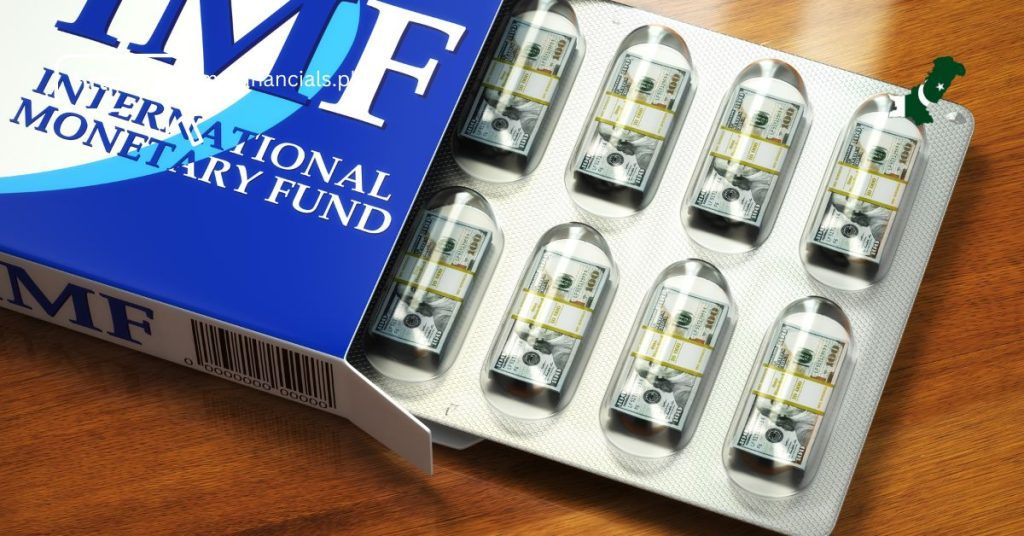The International Monetary Fund (IMF) approved a $7 billion Extended Fund Facility (EFF) for Pakistan, giving a much-needed boost to the struggling economy. The approval was announced by the Prime Minister’s Office (PMO), signaling a key step toward economic recovery.
Prime Minister Shehbaz Sharif expressed satisfaction with the programme’s approval, emphasizing the government’s commitment to economic reforms. He highlighted that business activities and investments were increasing in Pakistan, reflecting the government’s efforts to create a conducive environment for economic development.
IMF PAKISTAN: LAST FINANCIAL SUPPORT PROGRAMME?
PM Shehbaz reiterated his hope that this would be Pakistan’s last IMF programme. He thanked allies like Saudi Arabia, China, and the UAE for their support in securing the deal. “The same hard work, God willing, will ensure we no longer need IMF assistance,” he stated.
The IMF package aims to stabilize Pakistan’s economy by rebuilding foreign exchange reserves, consolidating public finances, and reducing fiscal risks from state-owned enterprises. A core focus is to foster private-sector-led growth and restore macroeconomic stability.
SUPPORT FROM ALLIES SECURES DEAL
Pakistan secured $12 billion in financial commitments from allies, including $5 billion from Saudi Arabia, $4 billion from China, and $3 billion from the UAE. Additionally, a $400 million loan from the International Islamic Trade Finance Corporation and external financing from commercial banks played pivotal roles in finalizing the deal.
This marks Pakistan’s 25th IMF programme since 1958 and the 6th under the EFF framework. Despite the inflow of funds, major issues like external debt restructuring remain unaddressed. The nation has been severely impacted by a combination of mismanagement, external shocks like the Covid-19 pandemic, and supply disruptions caused by global conflicts.
FISCAL CHALLENGES REMAIN FOR PAKISTAN
While the bailout addresses immediate liquidity concerns, Pakistan faces long-term challenges, including broadening its tax base. The government has already implemented tax hikes, with a 48% increase in direct taxes and a 64% increase in non-tax revenues, but substantial reforms are still required to ensure sustainable growth.
The government has taken drastic measures to raise nearly $46 billion in taxes this year. The Federal Board of Revenue (FBR) has intensified efforts by implementing harsh penalties on non-tax filers, including disconnecting SIM cards and electricity connections, as part of the new fiscal strategy.



















